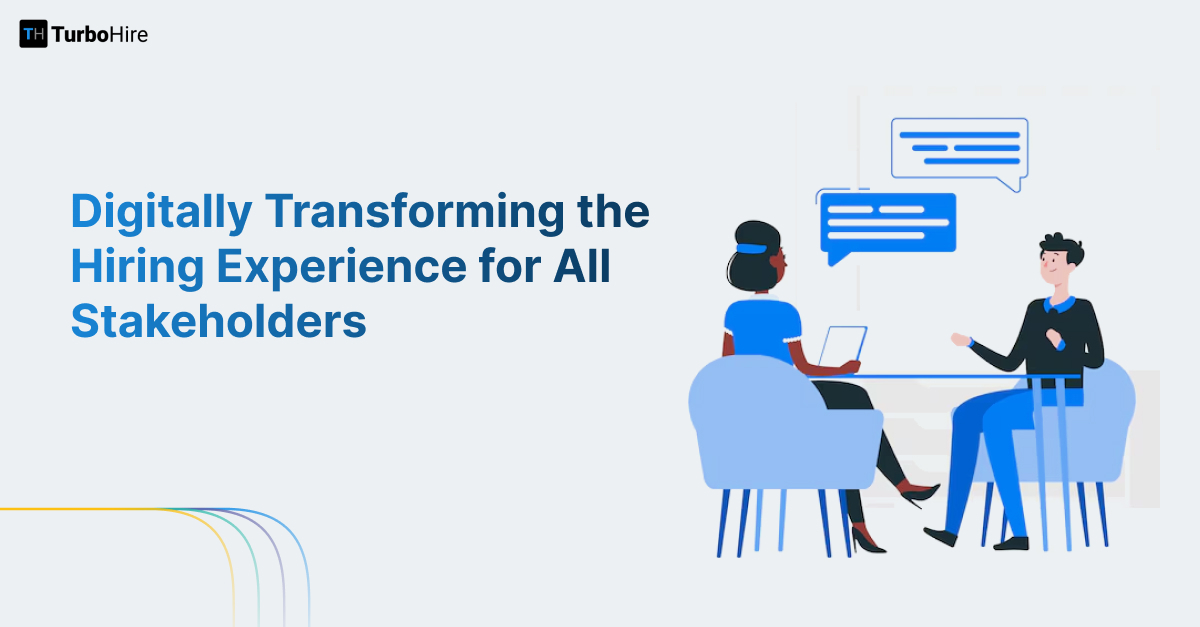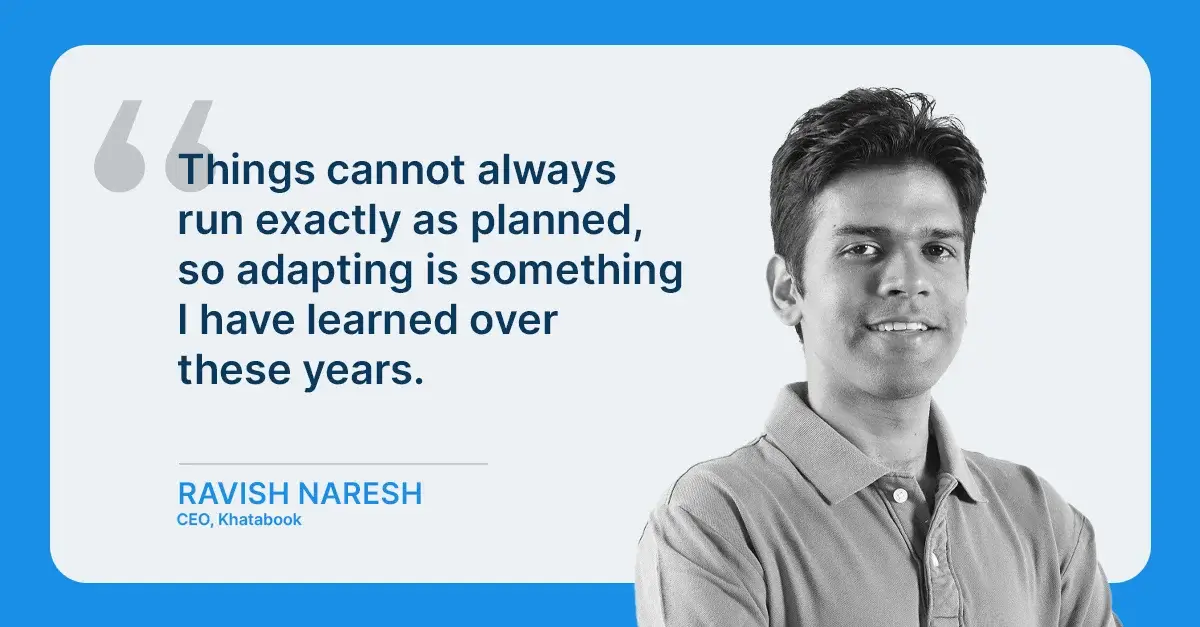According to a Reuters survey, the number of employees working remotely is expected to double in the year 2021. A majority of global leaders have started to encourage remote work as a permanent solution. The pandemic made it clear that working from an office is not necessary at all. It does not matter from where work is being carried out, as long as proper communications exist. Huge companies like Twitter, Facebook, Shopify have decided to let employees work remotely till at least the next decade.
The Growth Of Remote Work Industry
Remote working has been in the market for a long time. Most organizations have at least a few employees working remotely before it started becoming a need. The concept of remote work is based on the fact that work that is done successfully does not matter if you are commuting to an office to work at your designated desk. It gives the worker the freedom to design their work structure and utilize their abilities to the fullest potential.
Since employees have already been working remotely over the past year, they will need to engage more of their time into having access to all possibilities and opportunities in the present state. In a remote work setting, workers must invest a reasonable amount of time communicating with their colleagues through online meetings and virtual events while being enthusiastic about it.
The Benefits Of Working Remotely
The ways and methods that people use to work remotely are significantly dependent on their own choices. The beauty of remote work lies in the fact that people can decide upon a system that works best for them and fits perfectly into their lives.
In our upcoming ebook, we have discussed 5 main advantages of remote work:
- Flexibility
- Increased productivity
- Less costly
- No Office distractions
- Better Health
A flexible work timeline results in less work stress which again results in better productivity. What you will notice in all these benefits is that they are all interrelated. A decrease in working costs for employees is a huge advantage for employees as it means they are gaining more from the organization they work for than before- when they had to commute to an office every day.
What Is Remote Working Like?
Companies that support and encourage remote work have higher rates of employee engagement, employee retention, higher productivity, higher employee satisfaction, and many other benefits. The benefits of remote work not only affect the company but also directly affect the employees. As discussed above, there are a lot of advantages to remote work but like a coin, every method has its pros and cons.
The drawbacks of remote work can vary from person to person. Some people complain that they feel lonely or left out occasionally, while others focus more on professional aspects of it like building connections. However, some disadvantages are common to all telecommuters regardless of their personal choices and boundaries.
The 5 major remote working cons that have been discussed in the upcoming ebook are:
- Self-Disciplinary Measures
- Less Connection with colleagues
- Overlooked for promotions
- Total dependency on technology
- Data security at stake
The above problems are far from unsolvable. With the support and encouragement of your company, remote work can act as a blessing. Regular meetings, appropriate applications, technologies, and proper communication can pave the way for achieving success in your company while working from home.
Who are Qualified Remote Workers?
There are some common traits that companies look for in all their employees and candidates regardless of their mode of work. But, when it comes to working remotely, there exist some additional qualities that define the candidate as a plausible remote worker. Companies keep in mind 4 major technical aspects while hiring remotely. (To learn about all the aspects, refer to the ebook) The first technical aspect includes defining the characteristics of a qualified remote worker.
When on the lookout to hire a remote worker, companies not only need to make sure that the candidate has all the required qualifications and skills to fit into the job role but also that she can work in an independent working environment efficiently. Some of the criteria include:
- The candidate has to have a strict work ethic that allows her to meet deadlines.
- The candidate is technically sound.
- Working from home means that the candidate should be able to differentiate themselves from the comfort of staying at home.
- The candidate should be able to avoid distractions.
- The candidate also needs to have good communication skills over various platforms to work effectively as a team member.
In addition to these, the candidate should also have knowledge of how companies process their work and the methods of communication that are frequently used today. He or she should be able to prioritize results and be able to take up responsibilities as there will be no one to point out mistakes as it happens in an office environment.
Starting A Remote Career
Starting a remote career does not mean leaving your full-time job right away and going point-blank. You can change your mode of work while still working for your current job. There are several points to keep in mind when you are thinking about keeping up with the ongoing trend of remote work.
Professionals who have worked in an office setting their whole life might think that working remotely is more peaceful or less stressful. However, this theory is far from true. Telecommuting is a challenge in itself as you have to push yourself through work at the comfort of your home. There are many ways to do so.
The ebook discusses 4 important key points that will help you in your advent of adopting remote work:
- Establish a strict schedule and stick to it.
- Master the company’s technology and tools.
- Outline an Agenda with priorities.
- Have a backup plan.
Detailed learning of these methods will let you understand how to begin with a new model of work and grasp the key takeaways.
An important thing to remember would be that if you want to excel in your career as a remote worker, make sure you look at companies that are remote-first and not remote-friendly. A remote-friendly company would only allow you to work remotely while a remote-first company would empower and encourage you to work remotely.
Getting overlooked for promotions is a very common problem among employees who work in remote-friendly companies. This problem gets solved when you opt for a remote-first company as most of their employees work remotely which creates an equal opportunity for all.
Remote work can never be a barrier while you advance your career. A flexible and time-independent work mode will let you invest in long-term career goals while building professional relationships along the way.








































